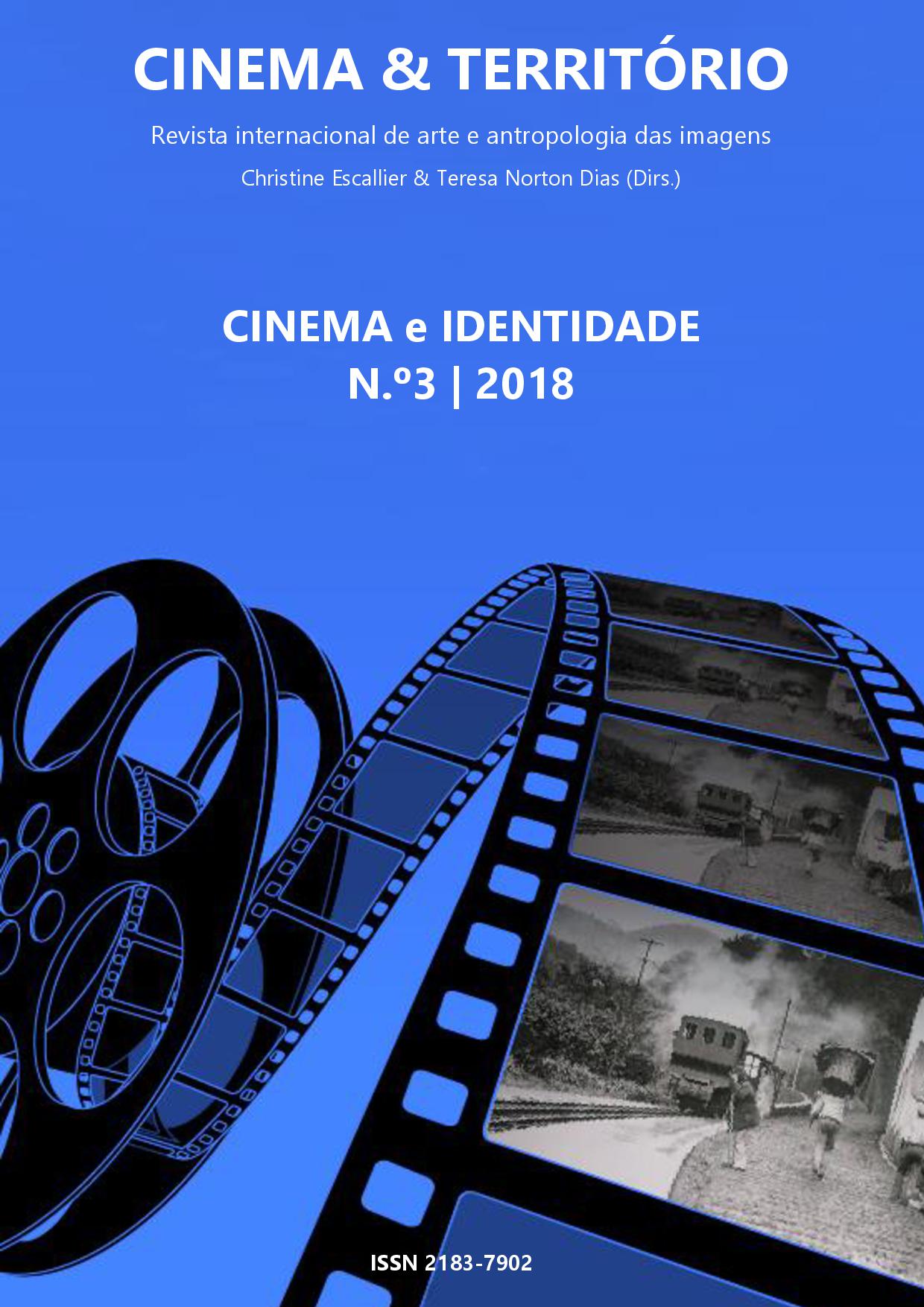Diaspora in Women and Film
DOI:
https://doi.org/10.34640/universidademadeira2018ledoandionKeywords:
diaspora, emigration, exile, cinema in Galician language, new Galician cinemaAbstract
‘Forget who you are in order to be yourself/another’, says the voice and body in exile of the actor of Galician origin, Maria Casares, in Alain Resnais's 1945 film, Gernika. So as not to forget the barbarity, the bombing of the civil population, the losses. To feel your body in someplace, beyond the loss, in the place where your feet are. Using this paradoxical idea and accompanied by cinema – which puts a face to that tragic characteristic of the century: the never-ending movement of masses of people driven by hunger, wars, persecution, catastrophes, etc. – we are going to search for a cinema in which territory is, uniquely, the desire to return. We are moving towards a definition of migrant cinema, of cinema of, and from, the diaspora, and following in the footsteps of
what is feminine; we are moving towards the attitude of the filmmaker as a requisite of filmmaking to, ultimately, epitomise said migrant cinema via a brief journey through Cinema in Galician Language.
References
Anderson, B. (1983). Imagined communities: reflections on the origin and spread of nationalism. Londres: Verso. Edición en español: Comunidades imaginadas, (1993), Fondo de Cultura Económica, México: 25
González Fernández, H. (2016). A cicatriz branca: as mulleres emigrantes e a alienación afectiva. Ponencia no Congreso Identidad y género en Galicia desde una perspectiva interdisciplinaria, Universidad de Varsovia. Instituto de Estudios Ibéricos e Iberoamericanos (Varsovia) / Uniwersytet Warszawski. Instytut Studiów Iberyjskich i Iberoamerykanskich, 9-11.05.2016
Castro de Paz, J. L. (1996). Historia do cine en Galicia, Oleiros, Vía Láctea Editorial
Hayward, S. (2000). Framing National Cinema, in M. Hjort, & S. Mackenzie, S. (eds.) Cinema & Nation, London-NY: Routledge
Ledo Andión, M et alii (2018) Marcas na Paisaxe. Para unha historia do cinema en lingua galega, Galaxia, Vigo.
Naficy, H. (2001) An accented cinema: exilic and diasporic filmmaking, Princeton: Princeton University Press
Pérez Pereiro, M. (2015). “Paisaxe na néboa. Unha cartografia do cinema galego recente”. Galicia 21, Issue F 14-15: 77-91
Pérez Pereiro, M. & Redondo Neira, F- (2013). “Diáspora e experiencia migratoria desde a proposta anovadora dun Novo Cine Galego”, Anuario Internacional da Comunicaçao Lusófona, 2013: 55-66.
Roca Baamonde, S. (2018). Candida the Emigrant. En Payá, X. and Sáez, L (eds.), National Identities at the Crossroads. Literature, Stage and Visual Media in the Iberian Peninsula, 99-109. London: Francis Boutle Publishers
Rocha Trindade, M. B. (1984). O Diálogo Instituido, en Nova Renascença, Vol.IV.
Sande, J. M. (2018). In Search of the Novo Cinema Galego (New Galician Cinema) - history, narrations(s), identity and models of representation. En Payá, X. and Sáez, L. (eds.), National Identities at the Crossroads. Literature, Stage and Visual Media in the Iberian Peninsula: 80-98- London: Francis Boutle Publishers.
Downloads
Published
How to Cite
License
Copyright (c) 2018 Margarita Ledo Andión

This work is licensed under a Creative Commons Attribution-NonCommercial 4.0 International License.
For more information follow the link: CC Atribuição-NãoComercial 4.0








